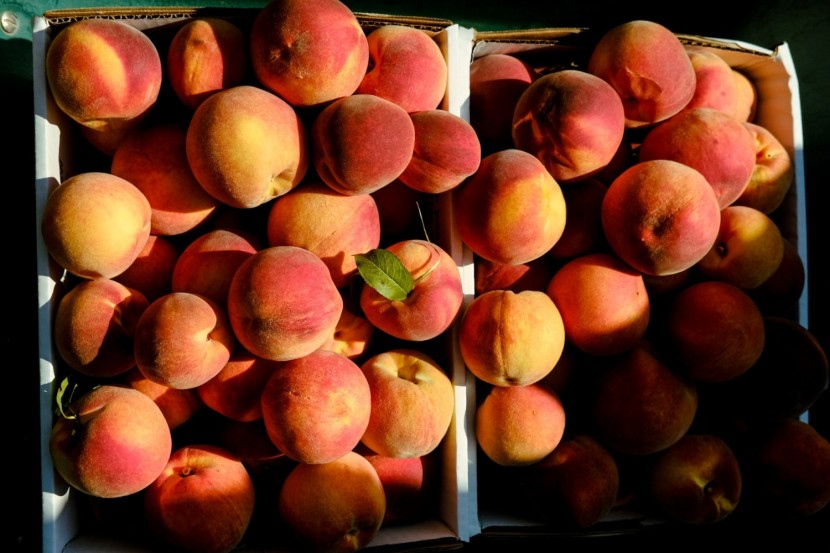Peaches, plums, and nectarines produced by HMC Farms and sold nationally are being recalled because of an outbreak of listeria that has led to 11 illnesses, including one fatality and ten hospitalizations, according to the announcement made by federal safety officials on Monday, November 20.
The United States Centers for Disease Control and Prevention (CDC) issued a food safety notice, saying, "Investigators are working to determine if any additional fruit or products made with this fruit may be contaminated."

Fruits Pulled off Shelves Due to Outbreak
HMC Farms, headquartered out of Kingsburg, California, has issued a recall for peaches, plums, and nectarines sold between May 1 and November 15 of this year, as well as the same time frame in 2022, per a notification released by the Food and Drug Administration (FDA) on last week.
The CDC reports that the FDA had identified listeria in a sample of peaches from HMC Farms in late October.
CBS News said that the recalled fruit was sold at various locations around the US by stores such as Walmart and Sam's Clubs. There is a possibility that the fruit is infected with listeria monocytogenes, an organism that may cause severe and even deadly diseases.
The CDC claims that as of November 17, listeria outbreak cases have been reported in seven different states: California, Colorado, Florida, Illinois, Kansas, Michigan, and Ohio. The organization said that a person had passed away in California, and another had gone into premature labor due to illness.
The fruit that is under recall was sold in 2-pound bags labeled "HMC Farms" or "Signature Farms," or individually packaged with a "USA-E-U" code and lot numbers: 4044 or 4038 for a yellow peach, 4401 for a white peach, 4036 or 4378 for yellow nectarine, 3035 for white nectarine, 4042 for red plum, and 4040 for black plum.
Photos of the recalled fruits can be seen in the FDA's press release.
Both the firm and the CDC stressed that organically produced fruit was excluded from the recall.
What to Do, According to Authorities
The authorities have suggested that individuals search their homes for any of the recalled fruit and then either dispose of it or take it back to the shop where it was purchased, the New York Times reported.
It is also recommended by the officials that individuals clean any areas that have been in touch with the recalled fruit. This includes cleaning refrigerators, which are ideal environments for listeria to thrive and readily transfer to other items or surfaces. The germs will not be destroyed or reduced in any way by freezing.
Infections caused by listeria may result in severe disease and, in rare cases, even death in small children, vulnerable or elderly persons, and other individuals with compromised immune systems. High temperature, severe headache, and stomach discomfort are all possible signs, even in healthy persons, according to the CDC. The bacteria may potentially cause miscarriages and stillbirths.
© 2026 HNGN, All rights reserved. Do not reproduce without permission.








